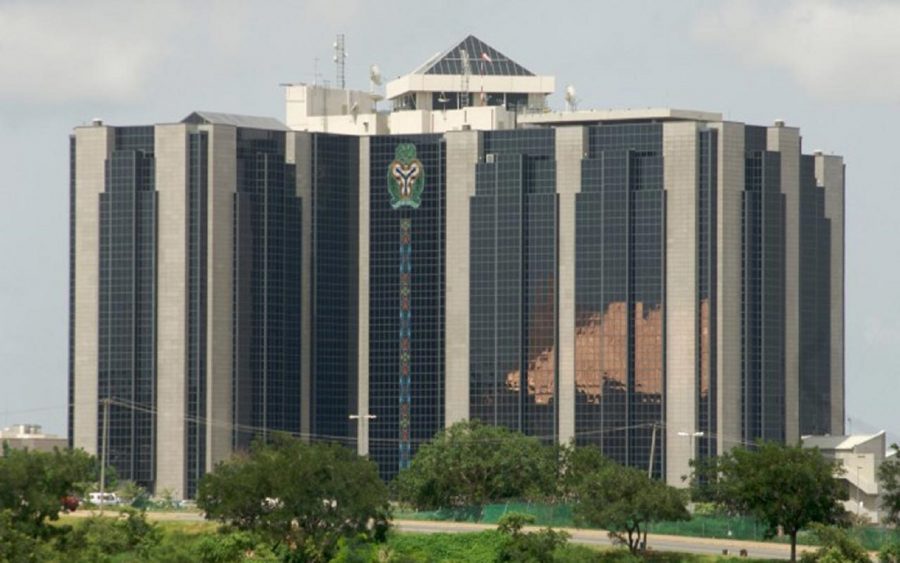BY SEYIFUNMI LUMEKO
The Central Bank of Nigeria (CBN) has announced the reduction of interest rate from 12.5 per cent to 11.5%
Incidentally, this is the second time the Monetary Policy Committee has reduced in four months from 13.5 per cent to 12.5 per cent to 11,5 per cent.
The last reduction in interest rate by the CBN happened on 28th of May, 2020.
The reduction portends that banks can now lend to their customers and other borrowers at 11.5 per cent interest rate.
The CBN Governor Godwin Emefiele disclosed this at the end of bi-monthly Monetary Policy Committee (MPC) meeting in Abuja on Tuesday,
Emefiele said that to arrive at the decision, the Committee opted to “provide cheaper credit to improve aggregate demand, stimulate production, reduce unemployment and support the recovery of output growth”.
According to him, the Committee observed that with inflation trending upwards, easing of the policy stance (reducing interest rate) may exacerbate the current inflationary pressure through an increase in the money supply.
He said: ”The Committee decided to reduce the MPR by 100 basis points to 11.5 per cent and adjust the asymmetric corridor to +100/-700 around the MPR. It retained both the Cash Reserve Ratio (CRR) and Liquidity ratio at 27.5 per cent, 30 per cent respectively.
”Evidence has not supported the rising inflation to monetary factors but rather, evidence suggests non-monetary factors (structural factors) as the overwhelming reasons accounting for the inflationary pressure”.
READ ALSO: CBN Approves N200b Mortgage Finance Loan For Low-Income Earners
The implication the CBN Governor noted, “is that traditional monetary policy instruments are not helpful in addressing the type of inflationary pressure we are currently confronted with”.
He argued that “what is useful is the kind of supply-side measures currently being implemented. MPC also expects that a downward adjustment in MPR may be necessary to further put pressure on our deposit money banks to lower the cost of credit in aid of growth”.
The MPC expressed optimism that the CBN’s interventions initiatives to stimulate the economy “will significantly ease the adverse impact of the COVID-19 pandemic and set the economy on a path of recovery”.
According to Emefiele, total disbursements from the CBN’s interventions in the wake of the COVID-19 pandemic amount to N3.5 trillion including Real Sector Funds, (N216.87 billion); COVID-19 Targeted Credit Facility (TCF), (N73.69 billion); AGSMEIS, (N54.66 billion); Pharmaceutical and Health Care Support Fund, (N44.47 billion); and Creative Industry Financing Initiative (N2.93 billion).
Under the Real Sector Funds, Emefiele said “a total of 87 projects that include 53 Manufacturing, 21 Agriculture and 13 Services projects were funded. In the Health Care sector, 41 projects which include 16 pharmaceuticals and 25 hospital and health care services were funded”.
He added that “under the Targeted Credit Facility, 120,074 applicants have received financial support for investment capital. The Agri-Business/Small and Medium Enterprise Investment Scheme (AGSMEIS) intervention has been extended to a total of 14,638 applicants, while 250 SME businesses, predominantly the youths, have benefited from the Creative Industry Financing Initiative”.
In addition to these initiatives, the CBN governor revealed that the apex bank “is set to contribute over N1.8 trillion of the total sum of N2.30 trillion needed for the Federal Government’s 1-year Economic Sustainability Plan (ESP), through its various financing interventions using the channels of Participating Financial Institutions (PFIs)”.
The MPC appealed to economic stakeholders to take advantage of its intervention initiatives to help support a quick rebound in growth.
He also stated that “the Bank’s policy on Loan to Deposit ratio has resulted in significant growth in credit to various sectors from N15.57 trillion to N19.33 trillion between end-May 2019 and end-August 2020, an increase of N3.77trillion”.
This growth in credit he said, “was mainly to manufacturing (N866.27 billion), consumer credit (N527.65 billion), oil & gas (N477.65 billion), agriculture (N287.11 billion) and construction (N270.97 billion)”.


